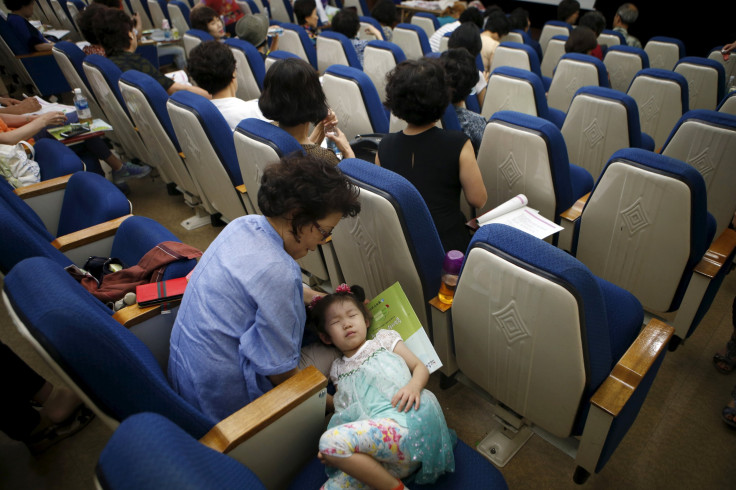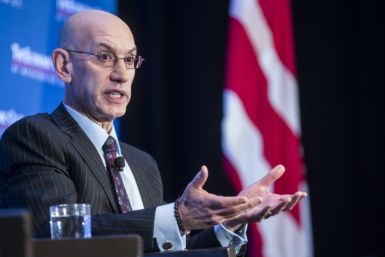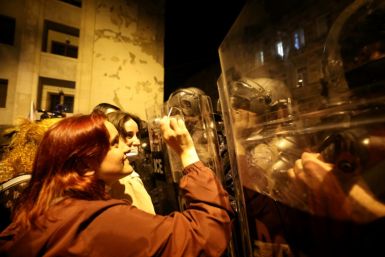Caring for grandkids puts solo grandparents at high risk of serious health problems

Raising grandkids alone was found harmful for solo grandparents. Scientists warn that single grandparents are at greater risks of depression and diminished physical capacity.
The new study, published in the journal Current Gerontology and Geriatrics Research, found that caring for grandchildren has worse effects to elderly caregivers than single parents in terms of physical health, mental health, functional limitations and health behaviours. It was revealed that about a quarter of the population of solo grandparents are over age 70 years old, taking care of an estimated 920,000 American children without a parent at home.
Researchers from the Georgia State University and the University of Toronto said that 32 percent of the solo grandparents reported physical health illness more than one week in the past month. In the population of the caregivers overall, common impacts on grandparents were developing diabetes, chronic obstructive pulmonary disease, and asthma, while some suffered from heart attack.
It was found that half the children being raised were less than 12 years of age, and more than one-third of the elderly caregivers were found raising more than one child.
Esme Fuller-Thomson, study co-author and a professor in Toronto’s Factor-Inwentash Faculty of Social Work and the Institute for Life Course & Aging, said that many solo grandparents are quite older, “raising some of the nation’s most vulnerable children with shockingly limited resources.”
The researchers analysed a set of data of solo grandparents from 36 U.S. states through the 2012 Behavioural Risk Factor Surveillance System. The survey was also used by the U.S. Centres for Disease Control and Prevention.
The team said that the findings indicate the need for policies that will promote health services, focusing on the physical and mental health needs of the elderly caregivers.
Contact the writer at feedback@ibtimes.com.au or tell us what you think below






